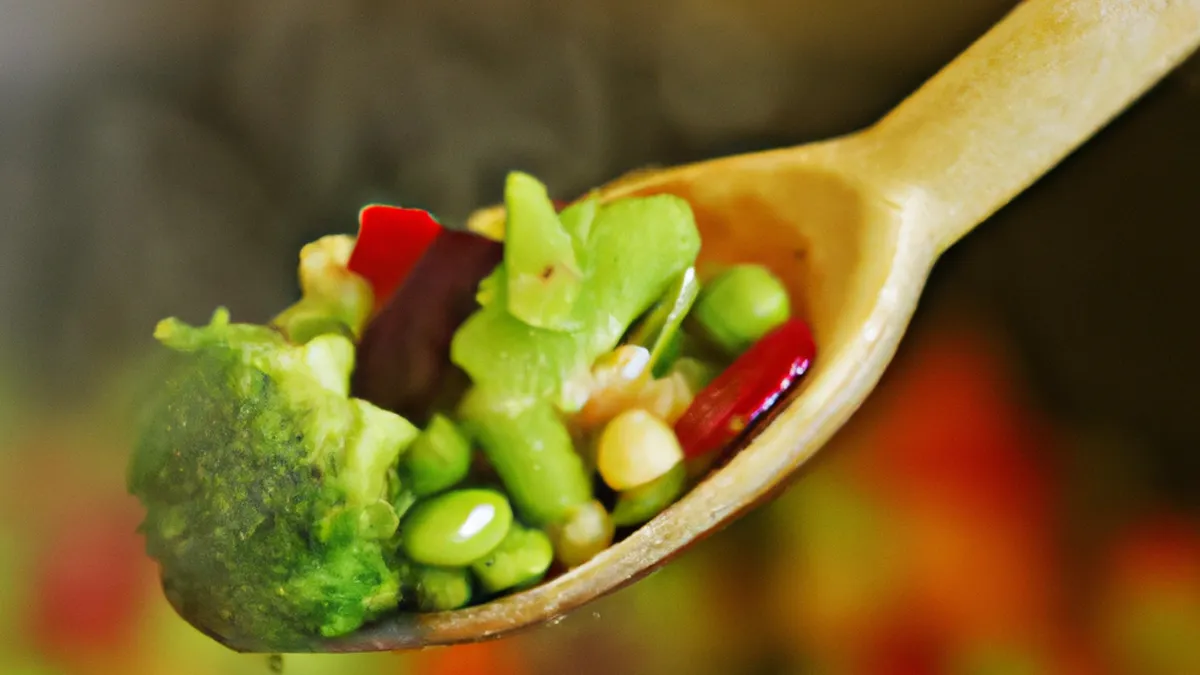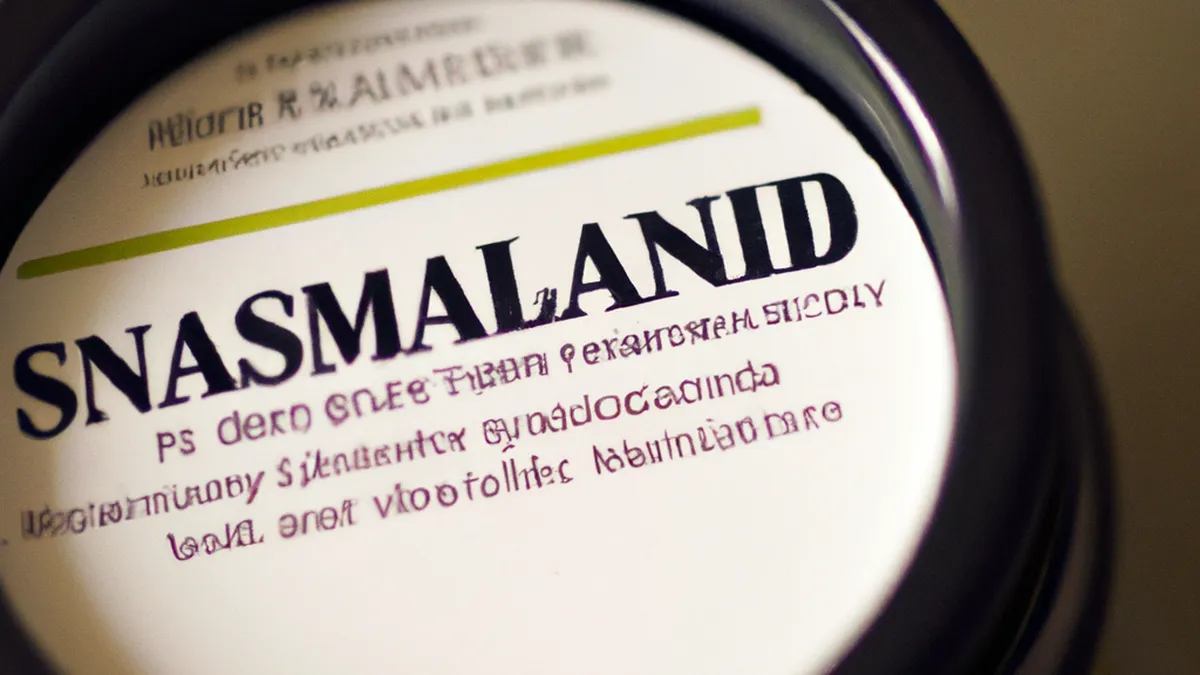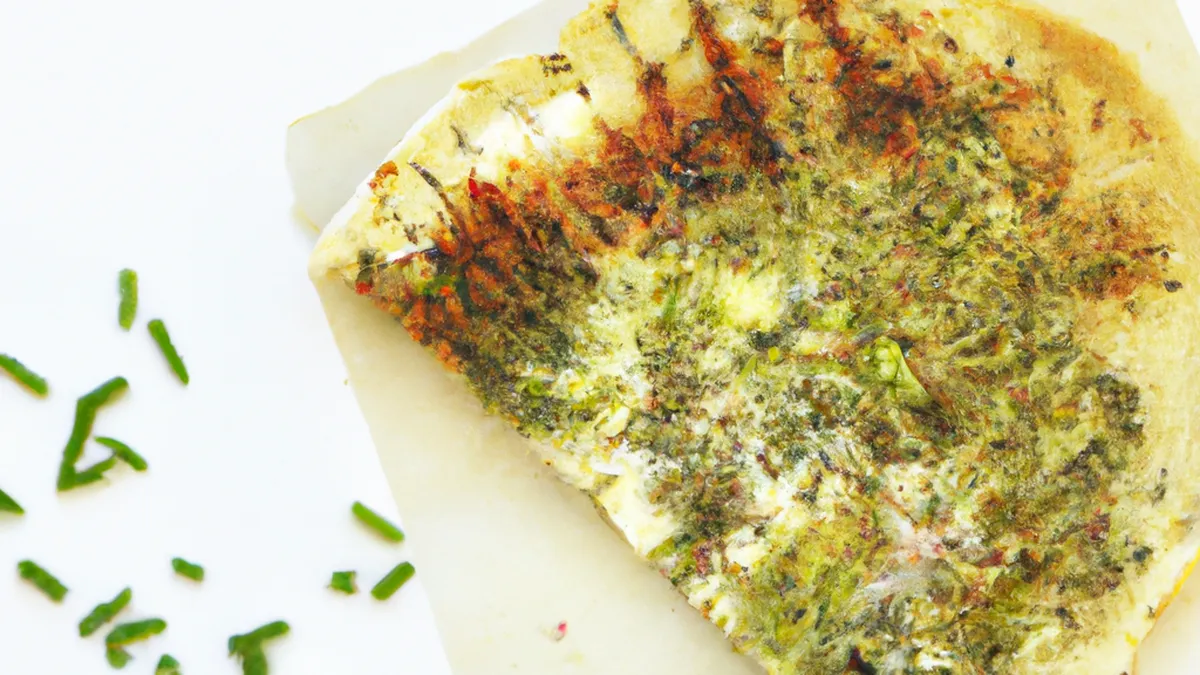Succeed on a Vegan Endurance Journey
Vegan Diets for Endurance Training: Fueling Performance with Plant PowerEndurance training demands a balanced diet to support extensive physical activity. Many athletes now choose vegan diets to boost performance. A vegan diet eliminates all animal products and provides essential nutrients for endurance training. This post explores optimizing a vegan diet with essential nutrients, meal planning, and benefits of plant-based lifestyles.
Understanding the Vegan Diet
A vegan diet focuses on plant-derived foods like fruits, vegetables, grains, nuts, and seeds. It excludes all animal products, including meat, dairy, and eggs. This approach benefits endurance athletes by offering rich carbohydrates, essential for energy during long training sessions.Transitioning to a vegan diet may seem challenging. However, proper planning and education make it simple and rewarding. Athletes can meet their nutritional needs while adhering to ethical beliefs, leading to improved health and fitness.
Tips for a Vegan Diet in Endurance Training
As an Amazon Associate I earn from qualifying purchases.
Gear tip: consider collapsible funnel, compression sleeves, and compression socks to support this topic.
1. Prioritize Whole Foods
Whole foods are minimally processed and packed with nutrients. Incorporate a variety of fruits, vegetables, whole grains, legumes, nuts, and seeds into your diet. Aim for colorful plates to maximize nutrient intake; different colors indicate various phytonutrients and antioxidants vital for recovery.
2. Focus on Carbohydrates
Carbohydrates serve as the primary fuel source for endurance athletes. Whole grains like brown rice, quinoa, oats, and whole-grain bread provide complex carbohydrates that release energy slowly. Fruits like bananas, dates, and berries offer quick energy, ideal for pre- or mid-training consumption.
3. Incorporate Protein Sources
Plant-based diets can be lower in protein, but excellent sources exist. Beans, lentils, tofu, tempeh, edamame, and seitan provide protein to support muscle recovery. Adding protein-rich grains like quinoa and amaranth boosts protein intake. Include various protein sources for a complete amino acid profile.
4. Stay Hydrated
Hydration is critical for optimal performance during endurance training. Water should be your main source of hydration. During long sessions, electrolyte drinks replenish lost minerals. Monitor your hydration needs, especially in hot weather or during intense workouts.
Advice for Nutritional Balance
Endurance athletes must focus on nutritional balance to meet energy and recovery needs.
Conclusion
Adopting a vegan diet can enhance endurance training performance while supporting ethical beliefs and overall health.
Below are related products based on this post:
FAQ
What is a vegan diet?
A vegan diet focuses on plant-derived foods and excludes all animal products, including meat, dairy, and eggs. This diet is beneficial for endurance athletes as it provides rich carbohydrates essential for energy during long training sessions.
How can I ensure I’m getting enough protein on a vegan diet?
To meet protein needs on a vegan diet, incorporate excellent sources such as beans, lentils, tofu, tempeh, edamame, and seitan. Including protein-rich grains like quinoa and amaranth will help create a complete amino acid profile necessary for muscle recovery.
Why is hydration important for endurance training?
Hydration is critical for optimal performance during endurance training, as it helps maintain energy levels and prevents fatigue. Water should be the main source of hydration, and during long sessions, electrolyte drinks can help replenish lost minerals.















Post Comment